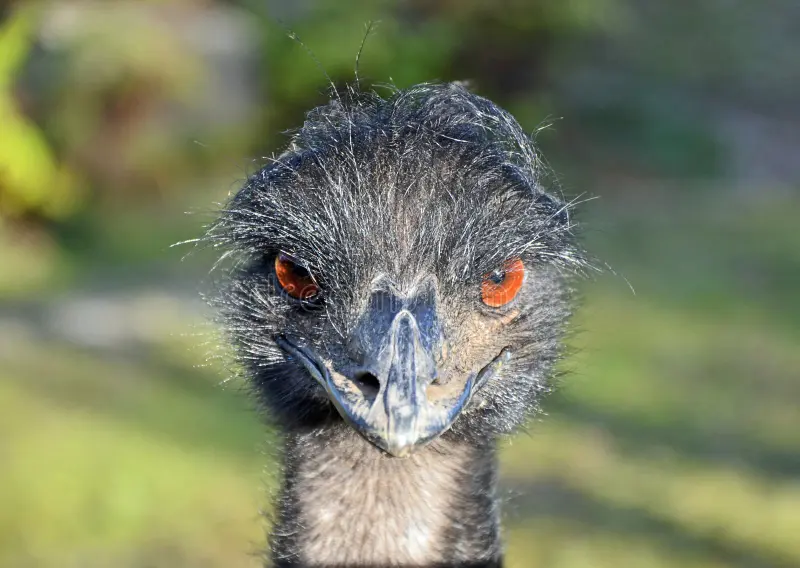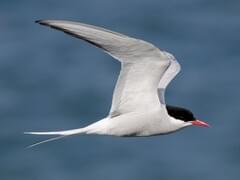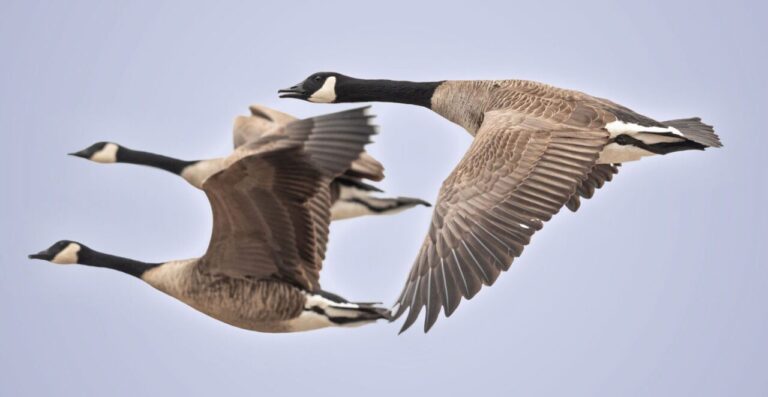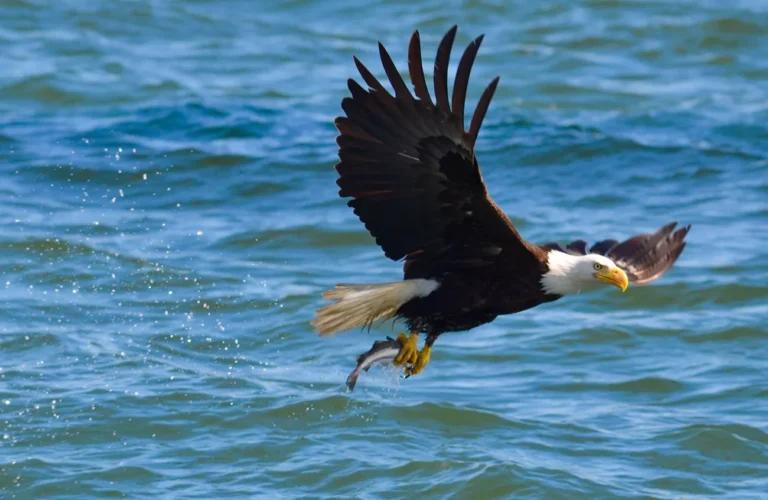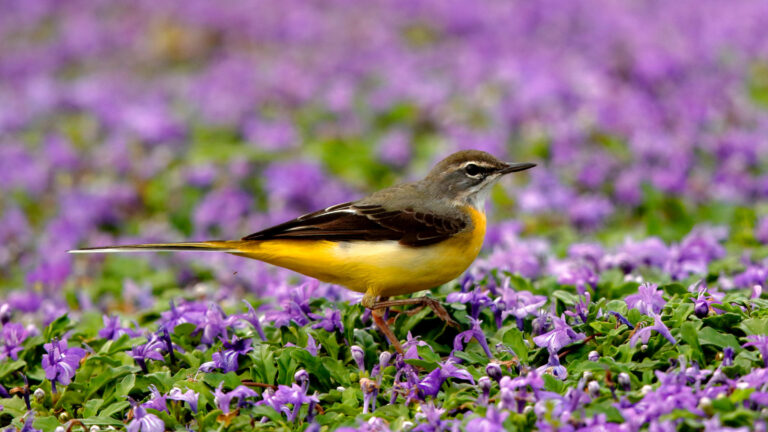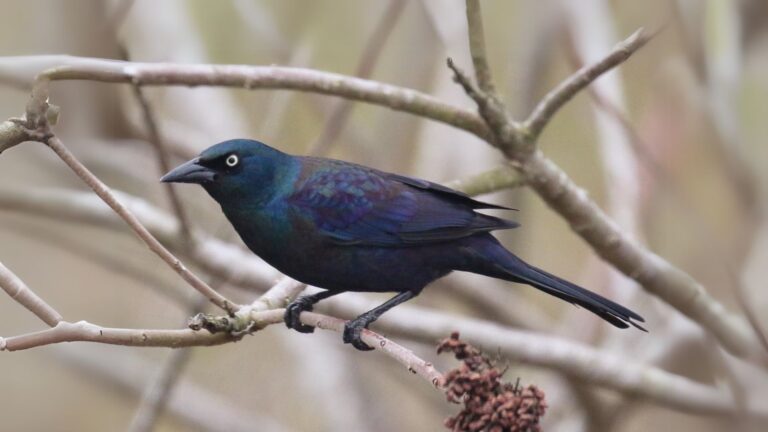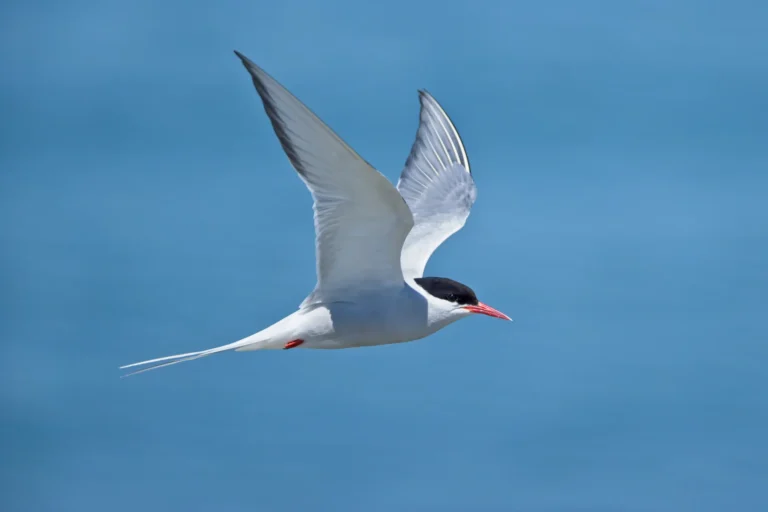What Does a Bird Do? Huh?Our Feathered Friends and Their Surprising Benefits to Humans and the Ecosystem
What does a bird do? Have you ever wondered what birds actually do besides waking you up at 5 a.m. with their greatest hits? Turns out, birds aren’t just pretty faces with wings—they’re nature’s multitaskers.
Birds help control pests, spread seeds, and even stop the spread of certain diseases. Vultures serve as the world’s cleanup crew, while others help plants grow by moving seeds to new places as they fly around on their daily adventures.
You could say birds are low-key environmental managers, keeping things in balance. Birds don’t just work for nature; they’ve got perks for humans too.
They help farmers by eating up loads of pesky bugs and provide endless entertainment for anyone with a bird feeder. Whether it’s a crow solving puzzles or a hummingbird pollinating flowers, birds are surprisingly useful neighbors.
They even help us track changes in the environment because their health often shows what’s happening in the ecosystems around us.
Key Takeaways on What Does a Birds Do
- Birds do important jobs every day in nature.
- They help humans by keeping pests in check and supporting healthy ecosystems.
- Noticing and protecting birds benefits both people and the planet.
What Does a Bird Do? The Day-to-Day Life of Birds
Birds fill their days searching for food, building nests, and crossing continents like feathery travel agents. Their routines can be noisy, colorful, and sometimes a bit dramatic—just like a high school talent show with wings.
Feeding Behaviors
Birds eat in ways that make humans look boring at the dinner table. Woodpeckers bang their heads against trees to snag insects, while robins yank worms out of the ground with impressive tug-of-war skills.
Hummingbirds sip nectar with tongues faster than speedy straws, all while looking like living jewels. Many wild birds use sharp vision and quick movements to snatch bugs, seeds, or berries.
Hawks and owls hunt at different times of day, thanks to their excellent eyesight—one loves daylight, the other is night’s champion. Even seagulls have a snack strategy, often stealing fries at the beach before enjoying less glamorous shells.
Birds keep ecosystems tidy by eating pests such as mosquitoes or rodents. Their feeding habits also help spread seeds and pollen, giving forests and gardens a helping wing, as described here.
Breeding and Nesting Habits
Breeding season is when birds show off their best colors, weirdest sounds, and smoothest moves. Peacocks flash tail feathers, and songbirds belt out hits to impress their future mates.
Chickadees and sparrows often turn ordinary twigs into cozy homes that would make any architect proud. Some birds build simple nests with mud or grass, while others get crafty with string, leaves, or anything shiny they find nearby.
Sometimes moms and dads share egg-sitting shifts, but a few just drop eggs and dash—no babysitting for them. The nest’s safety depends on the perfect spot: tucked in tree branches, chimney corners, or even cliff faces.
Vision plays a big part—bright eggs and colorful feathers can attract both mates and, unfortunately, sneaky nest raiders. Birds often rely on sound to stay in touch, warning intruders or calling for backup during chick drama.
Migration Patterns
Migratory birds are the world champions of long-distance travel. Arctic terns pull off round-trip flights from pole to pole, which is a lot for anyone without a passport.
Duck flocks and crane squadrons fly in V-shapes, making sky traffic jams look almost organized. Migration happens for food and better weather.
Birds use a mix of vision, the sun, stars, and a built-in “GPS” that scientists still can’t fully explain. They fill up on bugs and berries before starting their journeys, turning into fluffy little tanks.
Flying across countries, seas, or deserts can be dangerous, with wind, storms, and hungry predators always lurking. Sounds are key during migration—calls help flocks stay together and avoid ending up in places like your neighbor’s backyard pool.
After epic journeys, birds often return to the same trees or fields, remembering their favorite nesting spots year after year as if they never left.
Birds as Nature’s VIPs: Their Role in the Ecosystem
Birds provide vital ecosystem services that go way beyond singing in the mornings. They keep natural spaces running smoothly, from wild forests to city parks and even wetlands.
Pollination Superstars
If you think bees are the only creatures with pollen power, think again! Several bird species, such as hummingbirds and sunbirds, are expert pollinators.
With their long beaks and tongues, they reach deep into flowers, transferring pollen as they feed on nectar. This helps many plants—especially those with tube-shaped flowers—produce fruit and seeds.
In places where insect pollinators aren’t common, birds step up to the challenge. Some tropical flowers even shape themselves to fit only a particular bird’s beak.
While enjoying a sugary snack, these feathered pollinators help create new plants, supporting crops, wildflowers, and even the food humans eat. This makes them essential puzzle pieces in pollination networks.
Seed Dispersal Masters
Birds have serious skills when it comes to moving seeds around. After munching on berries, fruits, or nuts, birds fly off and drop seeds far away from the parent plant—either through their droppings or by accidentally dropping bits while eating.
This is nature’s clever way of planting trees and bushes in new locations. In wetlands and forests, some birds even carry seeds great distances while migrating.
Seed dispersal helps forests grow, brings new plant life to damaged areas, and creates homes for other wildlife. Without these seed dispersal experts, forests might become lonely plant retirement communities.
Even insectivorous birds and vultures add to the ecosystem by keeping populations balanced and nutrient cycles healthy.
How Birds Benefit Humans (Besides Making Us Look Up More Often)
Birds do more than decorate the sky or distract people while they try to walk and text at the same time. They play real roles in keeping crops healthy and even help people’s minds feel better.
Natural Pest Control
If bugs had a Most Unwanted List, birds would be at the top. Many species, like swallows and bluebirds, eat insects that damage farms, gardens, and even city parks.
Just one barn swallow can eat thousands of flying insects, such as mosquitoes, in a single day. This natural bug-busting helps farmers protect crops from big losses, reducing the need for chemicals that can hurt pollinators and water systems.
For example, birds save wheat, rice, and fruit farms from pests, providing real help with crop damage. Fewer bugs also means better public health since birds limit insects that spread disease.
Here’s a quick table showing bird skills:
| Bird | Pest Eaten | Benefit |
|---|---|---|
| Swallow | Mosquitoes | Less itchy summer |
| Bluebird | Grasshoppers | Fewer ruined crops |
| Chickadee | Caterpillars | Healthier trees |
Mental Health and Well-Being
Birds are not just flying pest controllers; they’re feathered therapists, too. Studies show that watching birds, even just outside a window, can reduce depression, stress, and anxiety.
People who spend time birdwatching often feel calmer and happier. Birdsong is like nature’s playlist—it can boost mood without charging a monthly fee.
Watching their colors and listening to their calls gives the brain a mental break and helps keep the mind sharp.
Quick benefits of birdwatching:
- Stress relief and less anxiety
- More feelings of peace and relaxation
- A fun reason to go outside that doesn’t involve jogging
Conservation Efforts and Human Helpers
Birds need more than a few breadcrumbs to thrive. These conservation efforts show how people roll up their sleeves to keep birds flapping, singing, and—occasionally—stealing fries at the park.
Protecting Habitats
The first thing on a bird’s wish list is a safe home. Habitat loss is a major villain for birds everywhere, thanks to growing cities, farms, and even highways.
Conservation groups like Audubon and the U.S. Fish and Wildlife Service step in to keep wetlands, forests, and grasslands out of the bulldozer’s path. People can lend a feathered hand by planting native trees, saving water, and trying not to turn their yards into concrete deserts.
If everyone pitches in, birds have a shot at sticking around for generations. For more tips on how to effectively protect the birds, check out strategies for preserving our avian friends at birdingcollective.com.
🟢 Key Actions for Habitat Protection
- Save local wild zones
- Use fewer pesticides
- Plant bird-friendly gardens
Bird Surveys and Citizen Science
Birds can’t fill out census forms, so scientists need backup! That’s where bird surveys and citizen science swoop in.
Enthusiasts help experts count birds, spot rare species, and watch migration patterns. This teamwork gives conservationists real data to understand how birds are doing.
Well-known surveys include the annual Christmas Bird Count and neighborhood bird walks. These events are surprisingly fun—binoculars, checklists, and sometimes a snack.
When lots of people join, scientists get big-picture info. This helps guide efforts, from new laws to creating bird sanctuaries, making sure birds stay part of our everyday scenes.
Fascinating Birds and Their Unusual Talents
Birds can do some pretty impressive things in their daily lives. Some help clean up messes nobody wants to deal with, while others make the world a more beautiful place with their looks and songs.
Birds of Prey: Nature’s Cleanup Crew
Some birds don’t just fly around looking cool—they keep the world tidier than most teenagers’ bedrooms. Take vultures, for example.
They swoop onto the scene like janitors in feathered capes, munching on dead animals. This stops diseases from spreading by getting rid of carcasses that would otherwise rot and stink up the landscape.
Barn owls are no slackers either. They’re expert mouse hunters, helping farmers by eating pests that damage crops.
These birds are so quiet when they swoop down, even the mice don’t hear their doom coming. Predators like these keep other animal populations in check, which keeps nature in balance and farmers a little less grumpy.
Learn more about how birds control pests and maintain the ecosystem. Fun fact: Some people call vultures “nature’s garbage collectors.”
Honestly, they deserve superhero capes.
The Beauty and Song They Bring
Birds don’t just help clean up—they actually make things look and sound better, too. Bright feathers and fancy tails, like those of peacocks or hummingbirds, add pops of color to the wild landscape.
People plant gardens just to attract these flashes of beauty. Let’s not forget about their music.
Birds are basically nature’s rock stars. From the morning song of robins to the complex tunes of warblers, they create soundtracks that beat any playlist.
Hearing them sing can boost a person’s mood and make early mornings a little less terrible. Watching and listening to birds can be a relaxing and fun hobby, bringing people closer to nature and improving their quality of life.
Find out more about how birds can improve our quality of life. Birds: adding beauty to landscapes and saving us from awkward silences since forever.
Frequently Asked Questions
Birds chase bugs, plant seeds in places that need help, entertain with song, and even clean up messes most people would rather ignore. These flying wonders bring big benefits to farms, forests, city parks, and backyards.
Why did the chicken cross the ecosystem? Just kidding, but seriously, how do birds support our environment?
Birds get around! By flying from tree to tree, they spread seeds that help keep forests healthy.
Some birds, like hummingbirds, are on flower duty—pollinating plants and giving the bee a break. They don’t just look after the plants.
Birds also eat huge amounts of insects. This keeps nature’s balance in check and helps other wildlife thrive.
They’re like tiny gardeners and pest patrol rolled into one.
Ever wondered if birds are secret service agents for our crops? What’s the deal with birds and pest control?
Birds have a taste for pests that bother humans and crops. Some birds eat lots of insects, including beetles, caterpillars, and grasshoppers.
Farmers can rest easier knowing their feathery friends are on patrol. According to CK-12 Foundation, birds are a natural solution for pest control, reducing the need for chemicals in the environment.
There’s no need for tiny spy gadgets—just beaks, wings, and an appetite.
Is it a plane? Is it Superman? No, it’s our feathered friends! But what superpowers do birds have that benefit humans?
Birds have some cool abilities. For instance, they can spot tiny insects from high above, fly long distances, and sing some catchy tunes.
They don’t wear capes, but they still protect crops and help pollinate plants. Birds can also warn people about changes in the environment.
When certain birds stop showing up in an area, it can be an early sign of pollution or other problems. Think of them as feathered environmental alarm bells.
Are birds nature’s cleanup crew? What’s the role of our beaked buddies in waste management?
Yes, birds tidy up nature’s leftovers. Vultures snack on dead animals, keeping the land cleaner and helping stop the spread of diseases.
Some birds eat leftover seeds, fruits, or even food scraps in cities, preventing waste from piling up. They work as a cleaning crew, no brooms needed—just sharp beaks and strong stomachs.
Looking for natural musicians? How do birds contribute to nature’s soundtrack and our well-being?
Songbirds are Mother Nature’s musicians. Their singing can make an early morning walk feel like a live concert.
Studies show that listening to bird songs can reduce stress and help people relax. For anyone tired of the usual city noise, birds have a soundtrack that can boost moods and make parks or gardens feel more peaceful.
Is free flight lessons the only thing birds offer? What are the top economic benefits of our avian allies?
Birds mean business—literally. Birdwatching is a popular hobby, bringing money to parks, hotels, and local shops.
To some, spotting a rare bird is worth traveling across states. Farmers benefit, too, by saving money on chemical pest control thanks to helpful birds.
Birds can also help pollinate crops, which improves harvests and means more food for people. Check out more on the importance of birds to humans and the economy.
